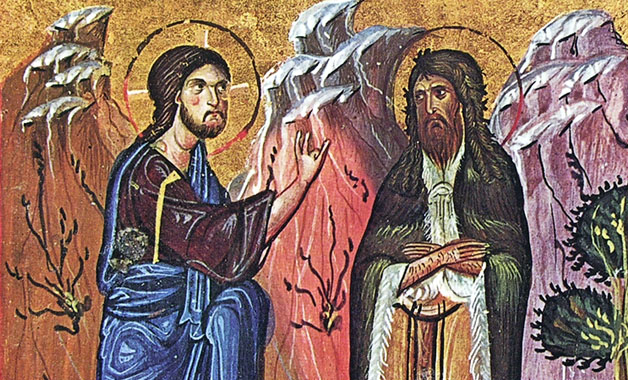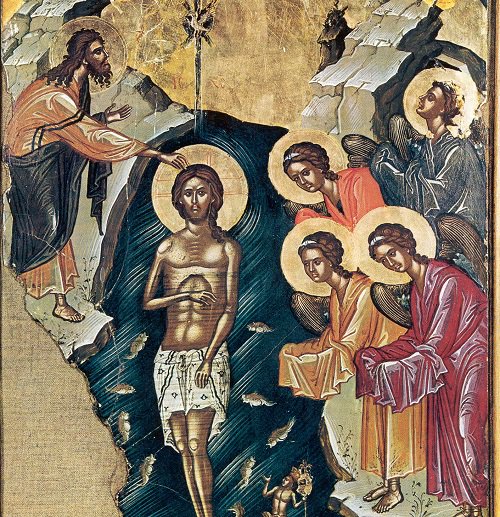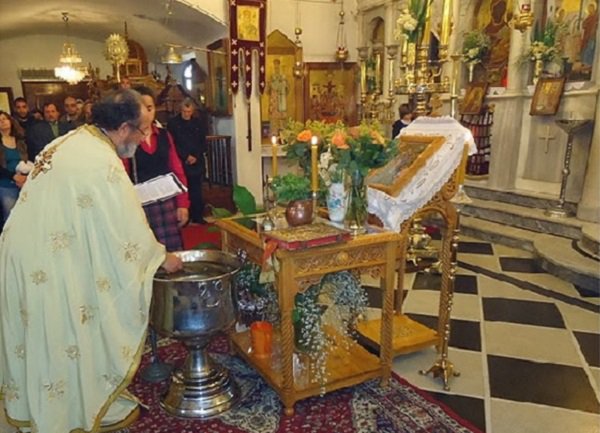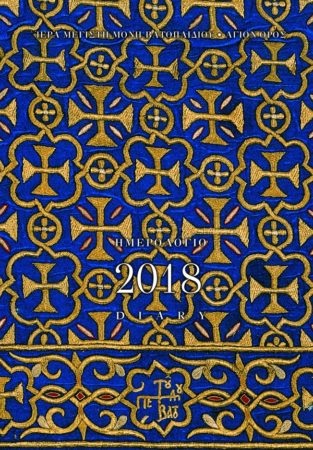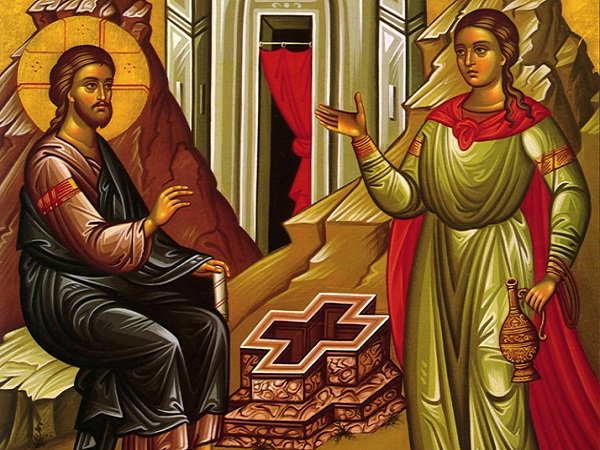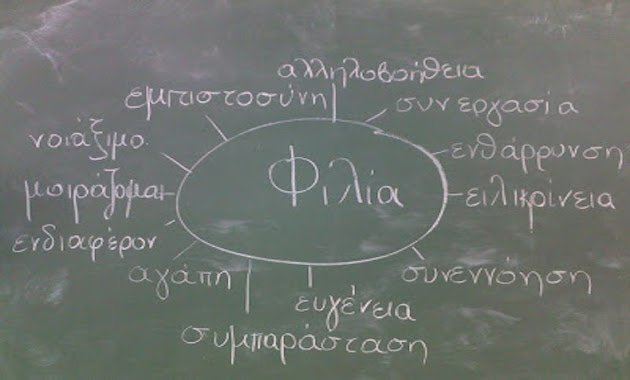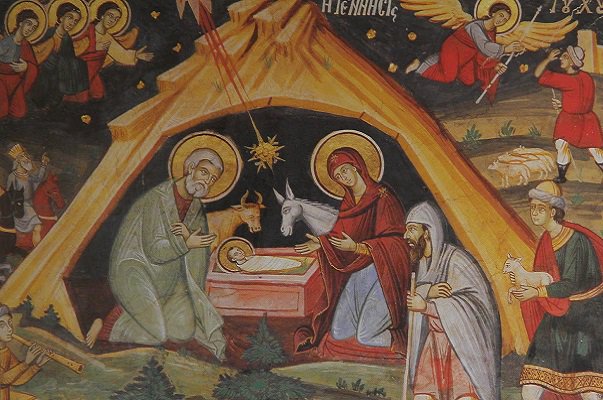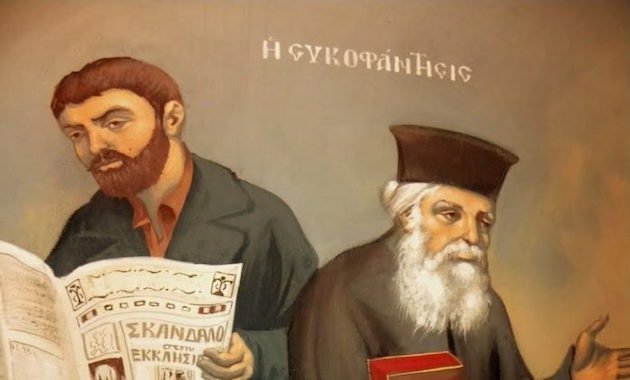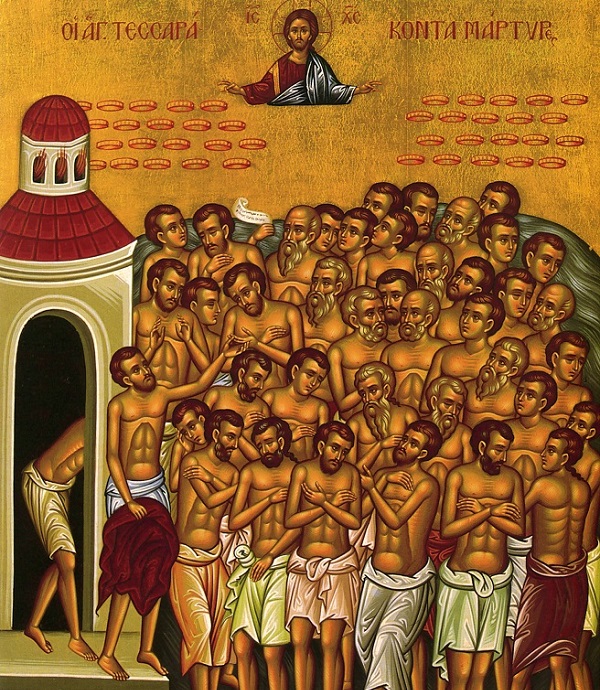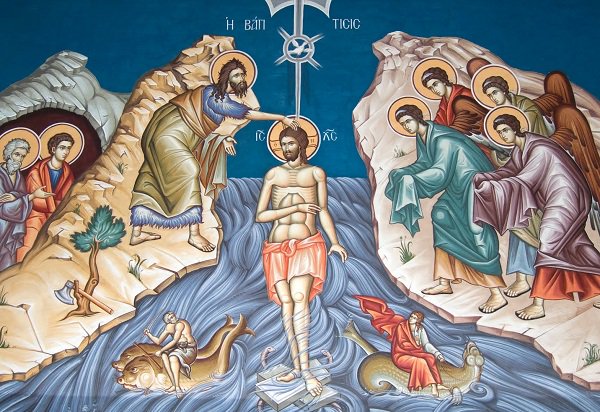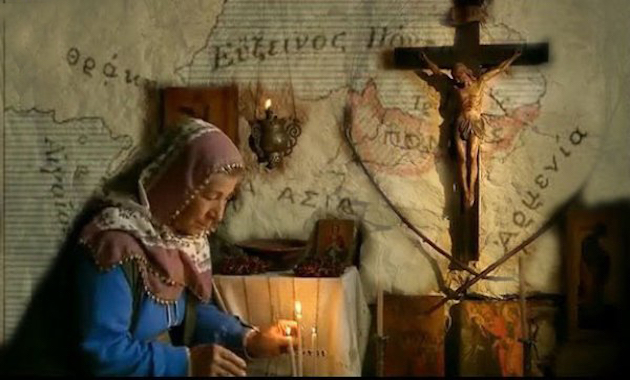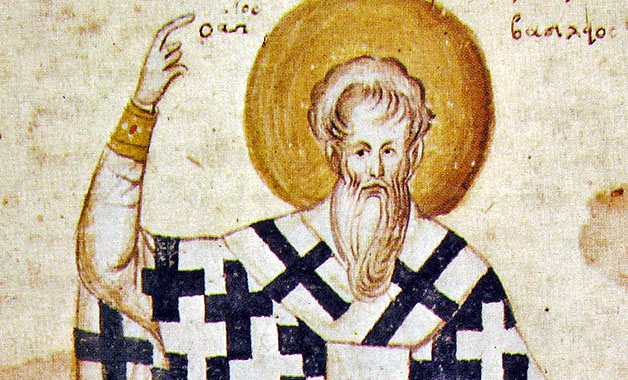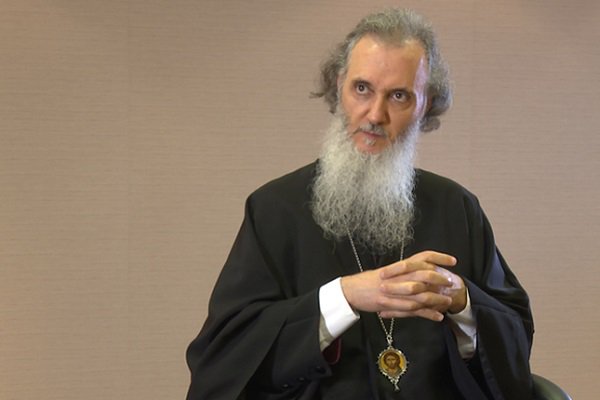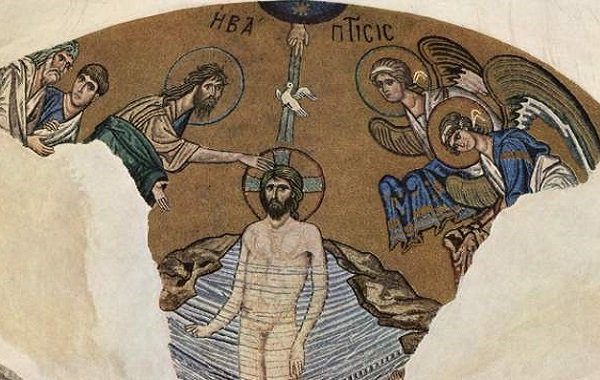
The day after Christmas is consecrated to the ‘synaxis of the Blessed Virgin Mary: all believers are invited to assemble in honour of her who made the Incarnation humanly possible. In the same way, the day after Epiphany (January 7) is consecrated to the ‘synaxis’ of John the Precursor, who baptized Jesus and, in a way, was the agent in presenting him to the world. In the chants for this feast, at vespers and matins, the Church multiplies the praises of the Precursor: ‘Thou who art Light in the flesh…filled with the Spirit…swallow of grace…who hast appeared as the last of the prophets… and the greatest among them…’. The very richness of these praises makes it a little difficult for ...


